Robert Story About Stem Cell Treatment for ALS in Mexico
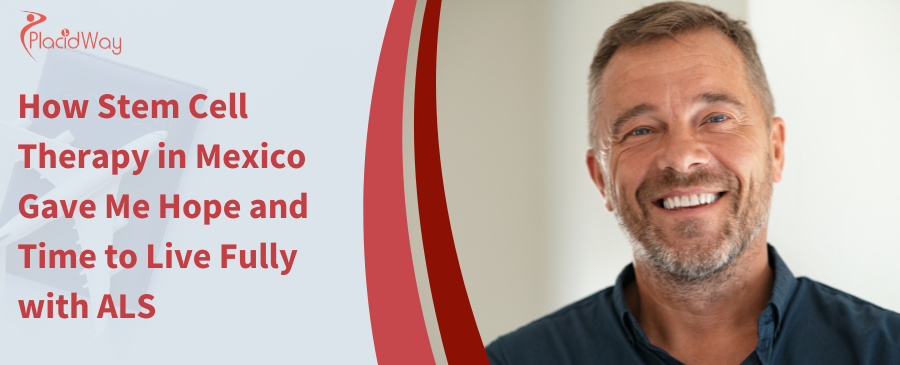
My name is Robert, and for over three decades, the siren of a fire truck was the soundtrack to my life. I was a firefighter in Coral Springs, a job that demanded strength, quick thinking, and a body that could take a beating. After I retired a few years back, I was looking forward to leisurely fishing trips, perfecting my BBQ skills, and just enjoying life with my wife, Susan. Then came ALS.
It started subtly. A twitch in my bicep that wouldn't go away. Then a slight weakness in my hand, making it hard to grip my fishing rod. I dismissed it as old age, maybe too much time on the grill. But soon, things escalated. My speech started slurring, my balance became wobbly, and the muscle atrophy was undeniable. I felt my body, once strong and reliable, turning against me. The day the neurologist confirmed it – Amyotrophic Lateral Sclerosis, or ALS – was like a punch to the gut. It's a progressive, neurodegenerative disease. No cure. Just a relentless decline.
The fear was primal. I'd faced fires, but this was different. This was my own body, failing me from the inside out. I pictured myself in a wheelchair, unable to speak, unable to move. The thought was terrifying, robbing me of sleep and my appetite. Susan tried to be strong for me, but I could see the worry in her eyes too. My biggest fear wasn't dying; it was losing my dignity, becoming a prisoner in my own body.
Back home, the doctors were kind, but their words offered little comfort. "Manage the symptoms," they said. "Slow the progression." But there was no real hope, no treatment that could stop it, let alone reverse it. And the specialized care, the assistive devices, the medications – they were all astronomically expensive, even with good insurance. The wait times for certain therapies were also discouragingly long. It felt like I was being handed a death sentence, with only palliative care as an option.
Susan, ever the optimist, refused to accept that. She spent countless hours researching online, digging into every experimental treatment, every clinical trial. That's when she stumbled upon information about stem cell treatment for ALS in Mexico in other countries, particularly Mexico. I was skeptical, of course. Mexico? For something so cutting-edge? But the more we read, the more stories we heard, the more I started to think, "What do I have to lose?"
PlacidWay kept coming up in our searches. They were a medical tourism facilitator that seemed to specialize in connecting patients with advanced treatments abroad. We decided to reach out.

They connected us with Stem Health in Guadalajara, Mexico. Their team of doctors specialized in regenerative medicine and had extensive experience with stem cell therapy for neurological disorders, including ALS. They sent over a detailed protocol, explaining the type of stem cells they'd use (allogeneic mesenchymal stem cells, if you're curious) and how they would be administered. The cost was significantly less than any similar option we found in the US, making it a viable path forward.
The trip to Guadalajara was an experience in itself. I was nervous, but also filled with a strange sense of anticipation. It felt like I was embarking on a journey of hope. PlacidWay made all the arrangements seamless – from airport transfers to clinic appointments. The clinic itself was modern, clean, and the staff were incredibly kind and professional. They really put me at ease.
The stem cell injections were administered intrathecally, directly into my spinal fluid. It wasn't painful, just a bit uncomfortable, but the medical team was constantly checking on me. I rested in the days that followed, feeling a gentle shift, a subtle hum within my body. It wasn't a miracle cure, I knew that, but it felt like something was finally working with my body, not against it.
.png)
During my recovery in Guadalajara, Susan and I explored the city a bit. The vibrant colors, the delicious food, the warmth of the people – it was a welcome distraction from the medical side of things. It reminded me that there was still so much life to live, so much to experience.
Coming back to Coral Springs, I felt different. Not cured, no, but definitely improved. My friends and family noticed it too. I'm able to enjoy my fishing again, hold the rod more steadily. My voice is stronger, allowing me to share stories with my grandkids without as much effort. The progression of my ALS has slowed significantly, giving me precious time and a much-improved quality of life. It’s not about beating ALS, it’s about living as fully as I can with it, and that’s what this treatment has given me.
This journey has transformed my perspective. Every day is a gift, and I'm living it with as much purpose and joy as I can. And I owe a huge part of that to the path PlacidWay helped me discover.

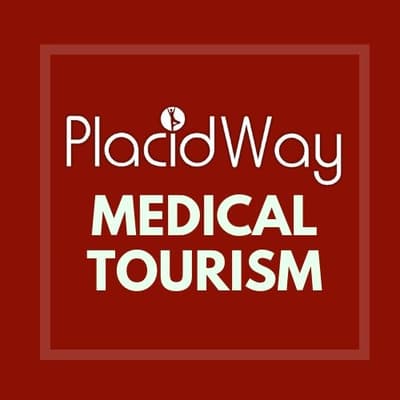

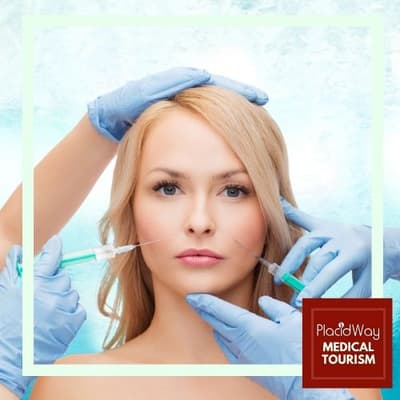
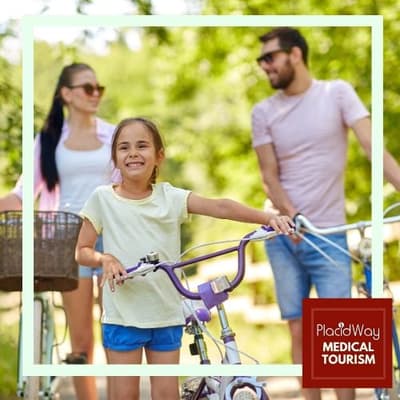


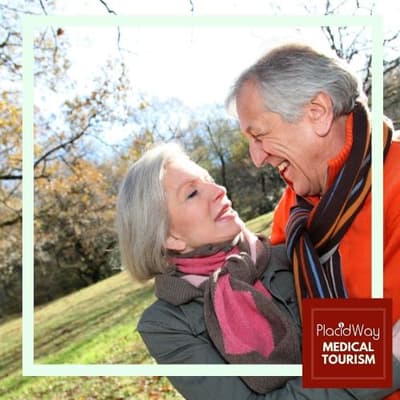

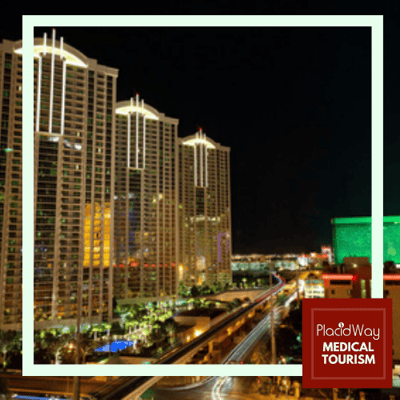
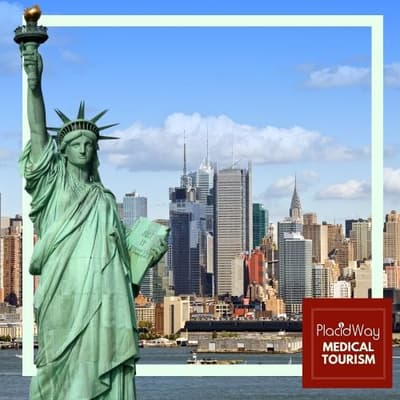


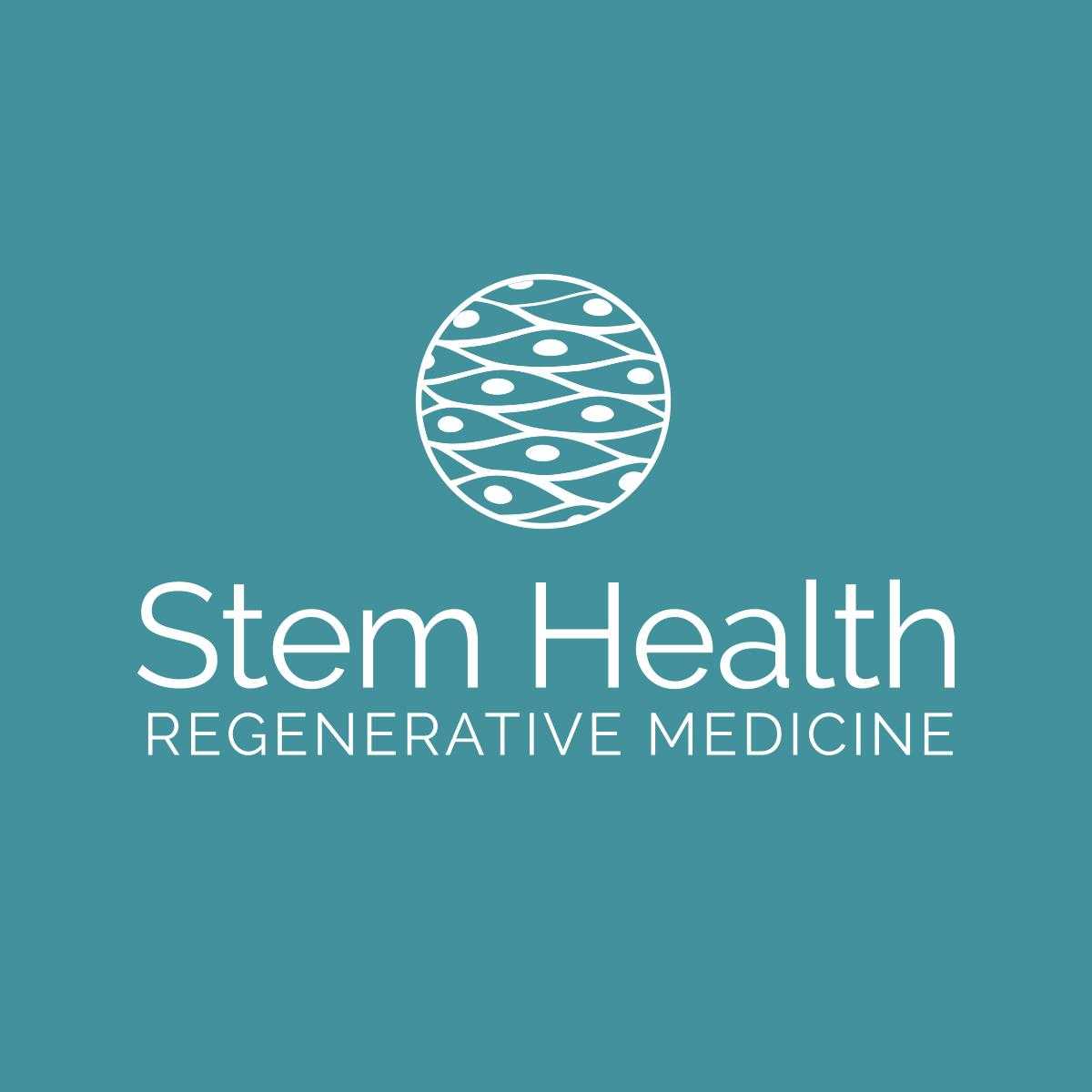
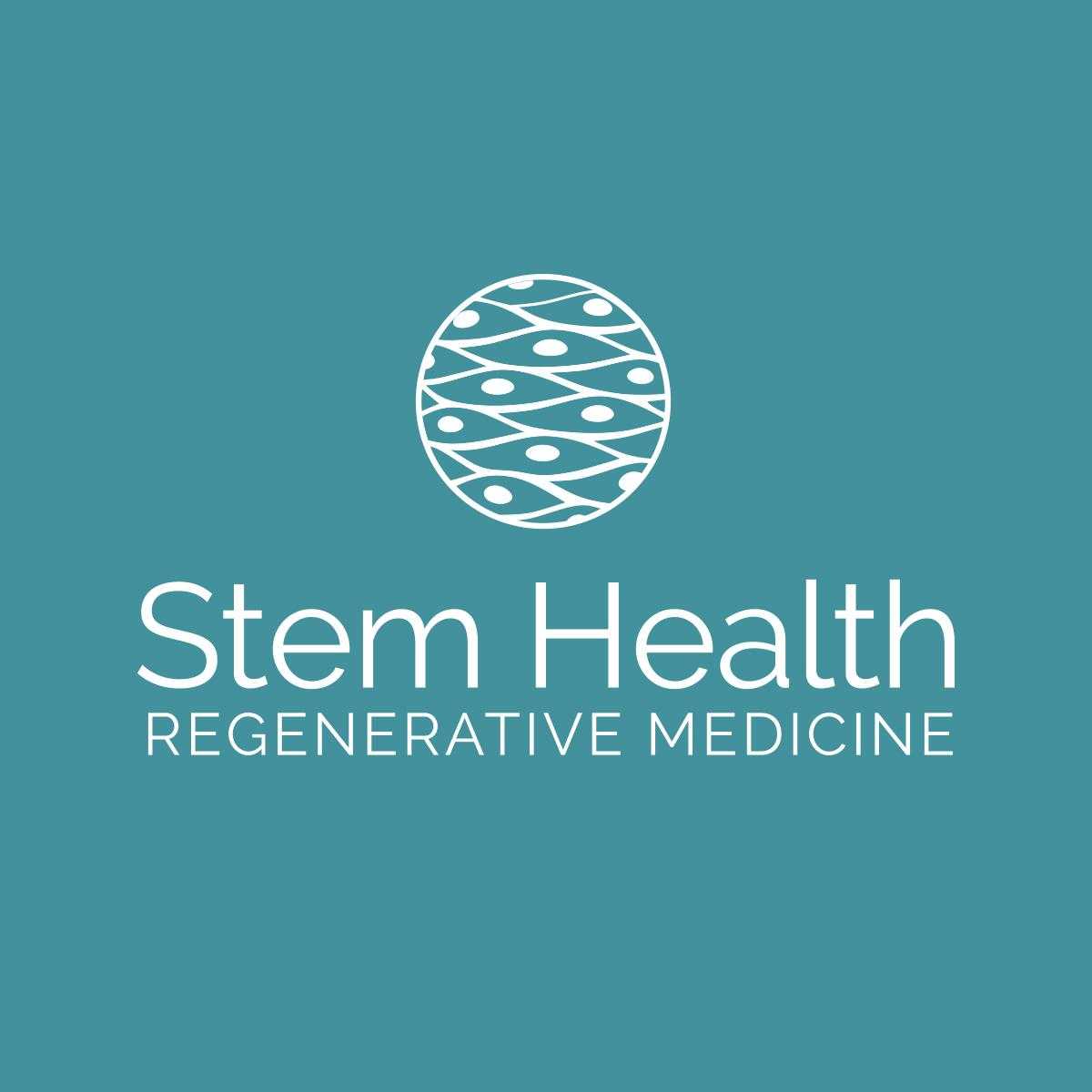

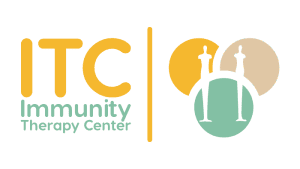
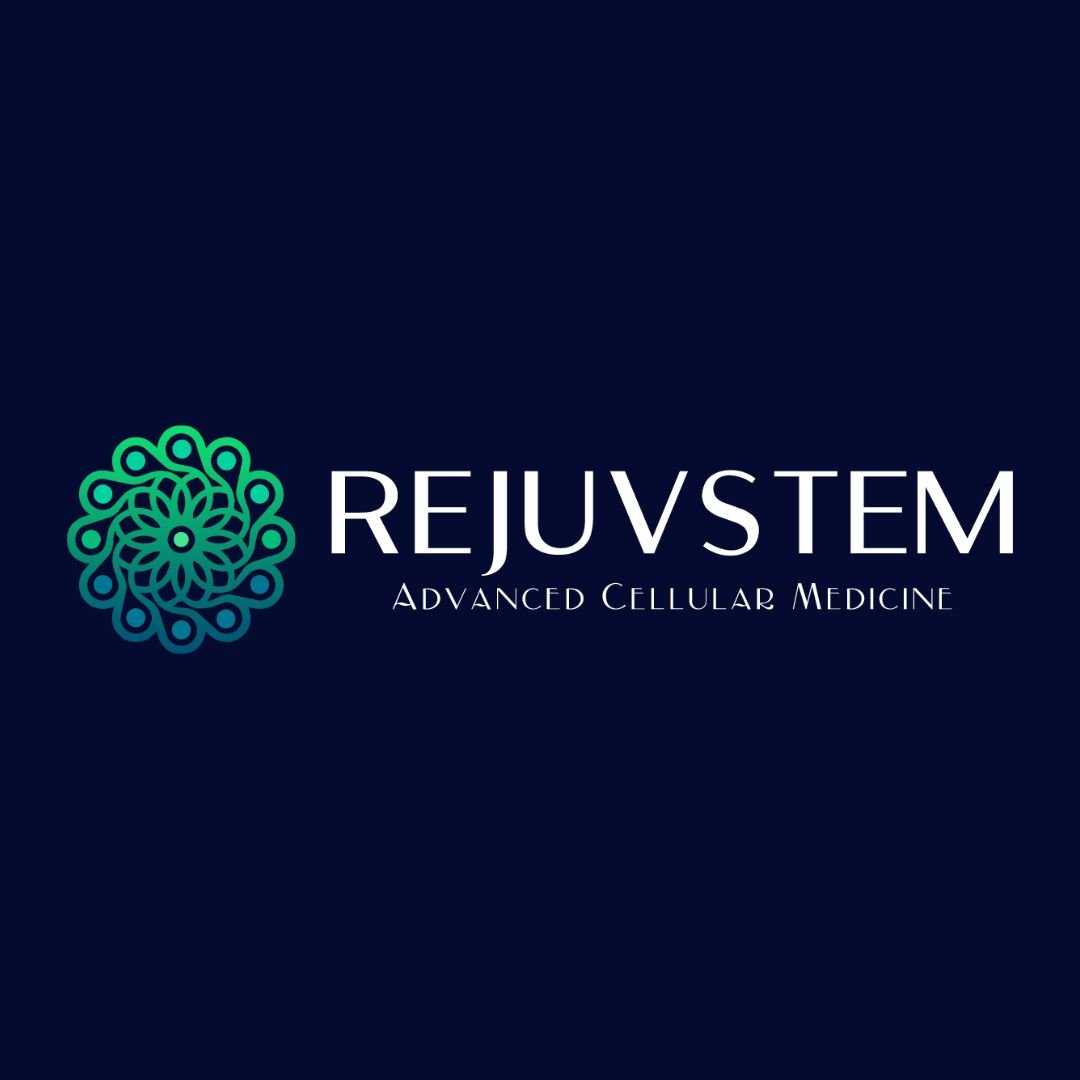
.png)
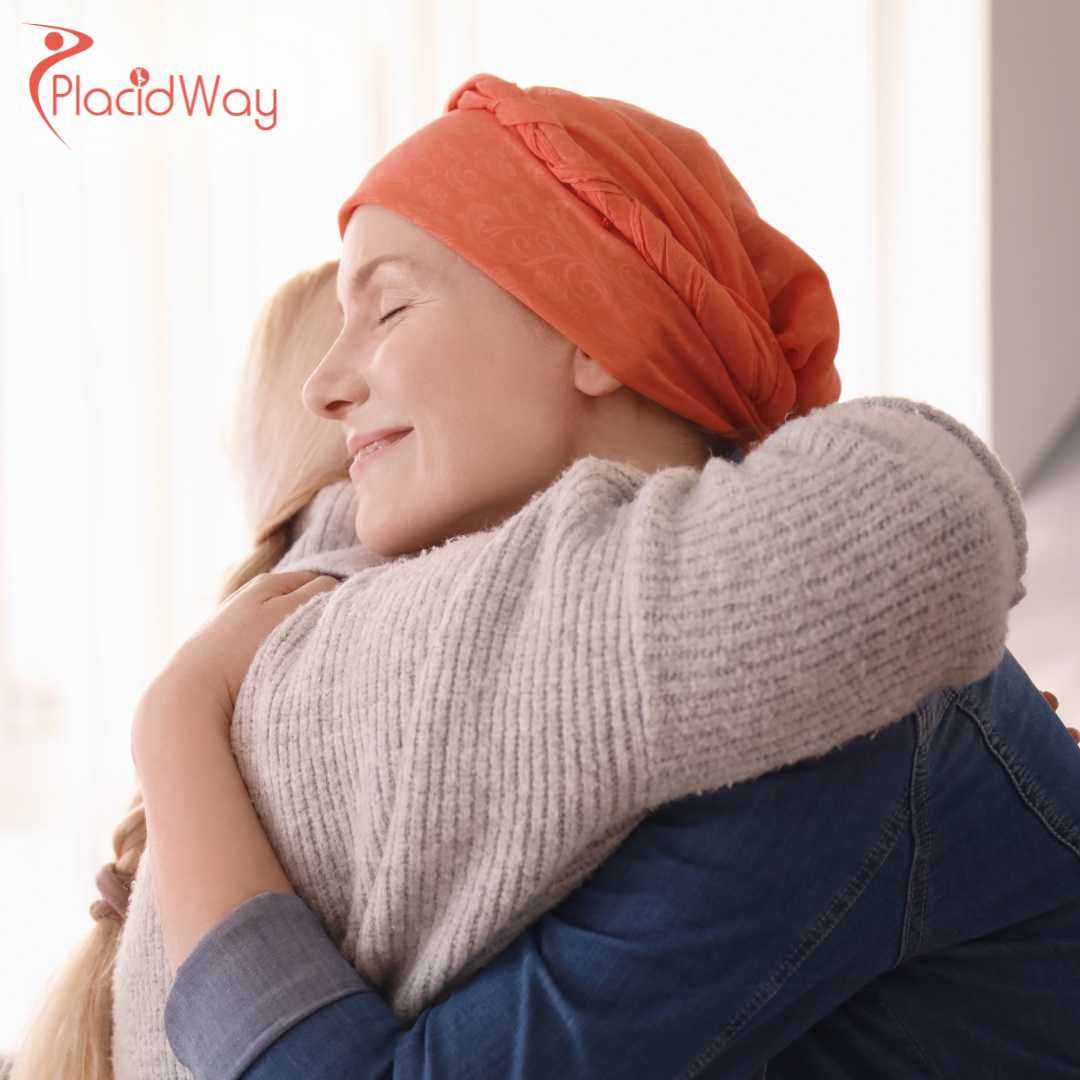
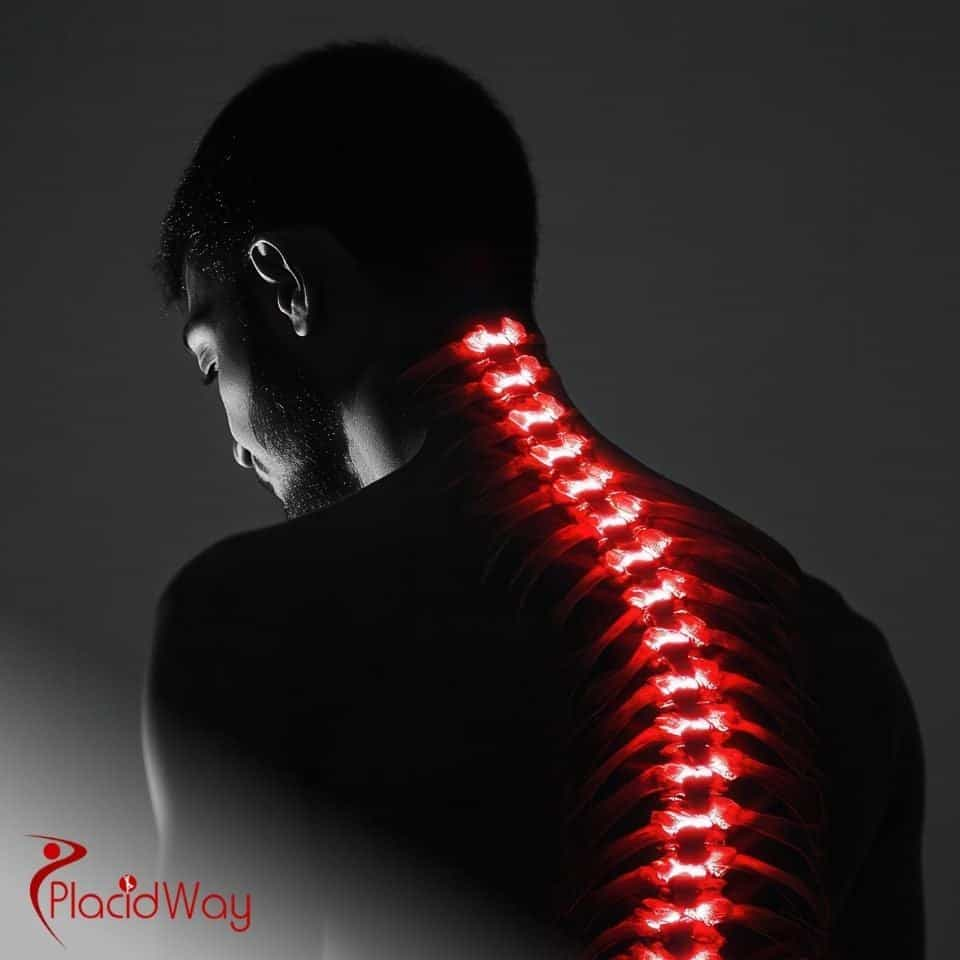
.png)
.png)
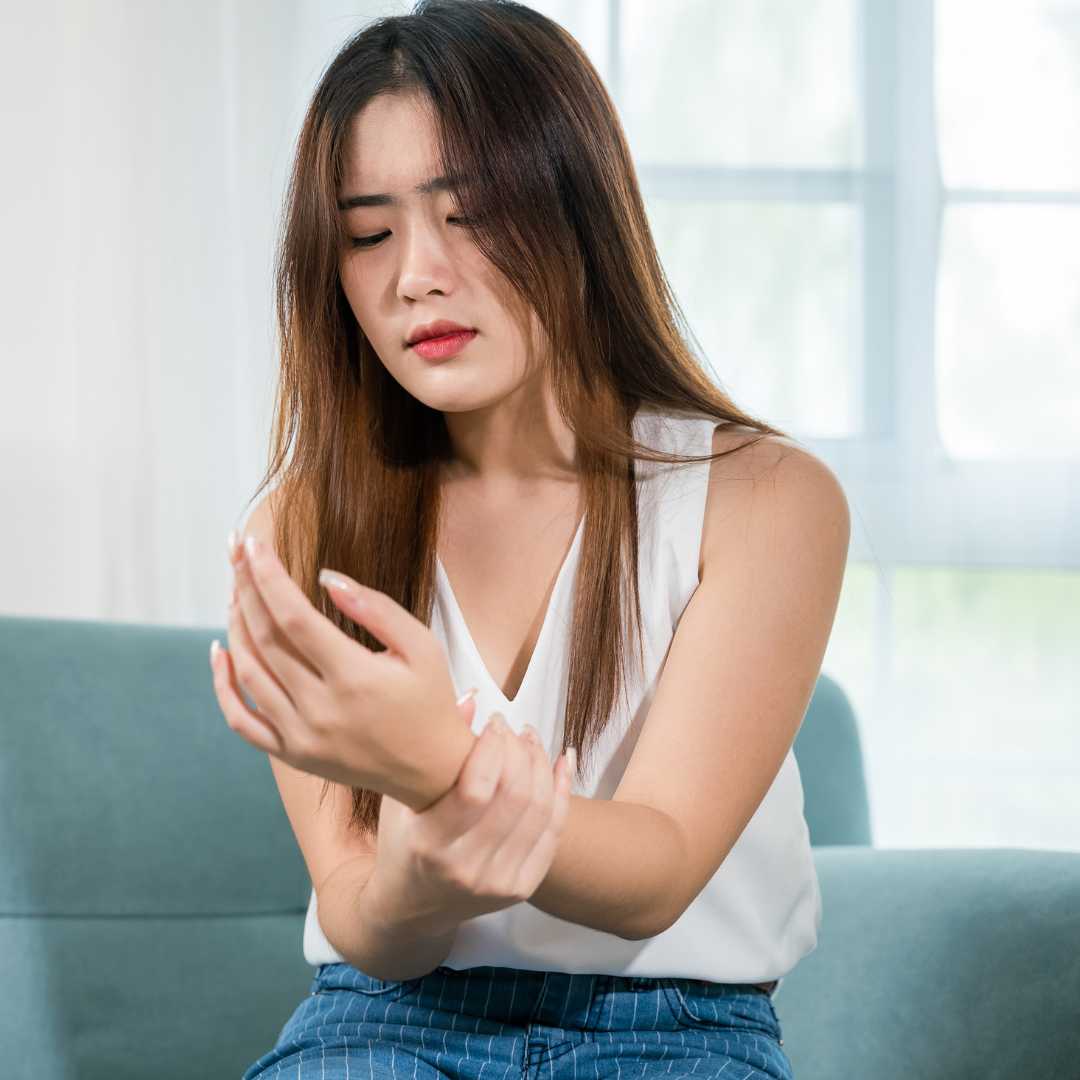
.png)
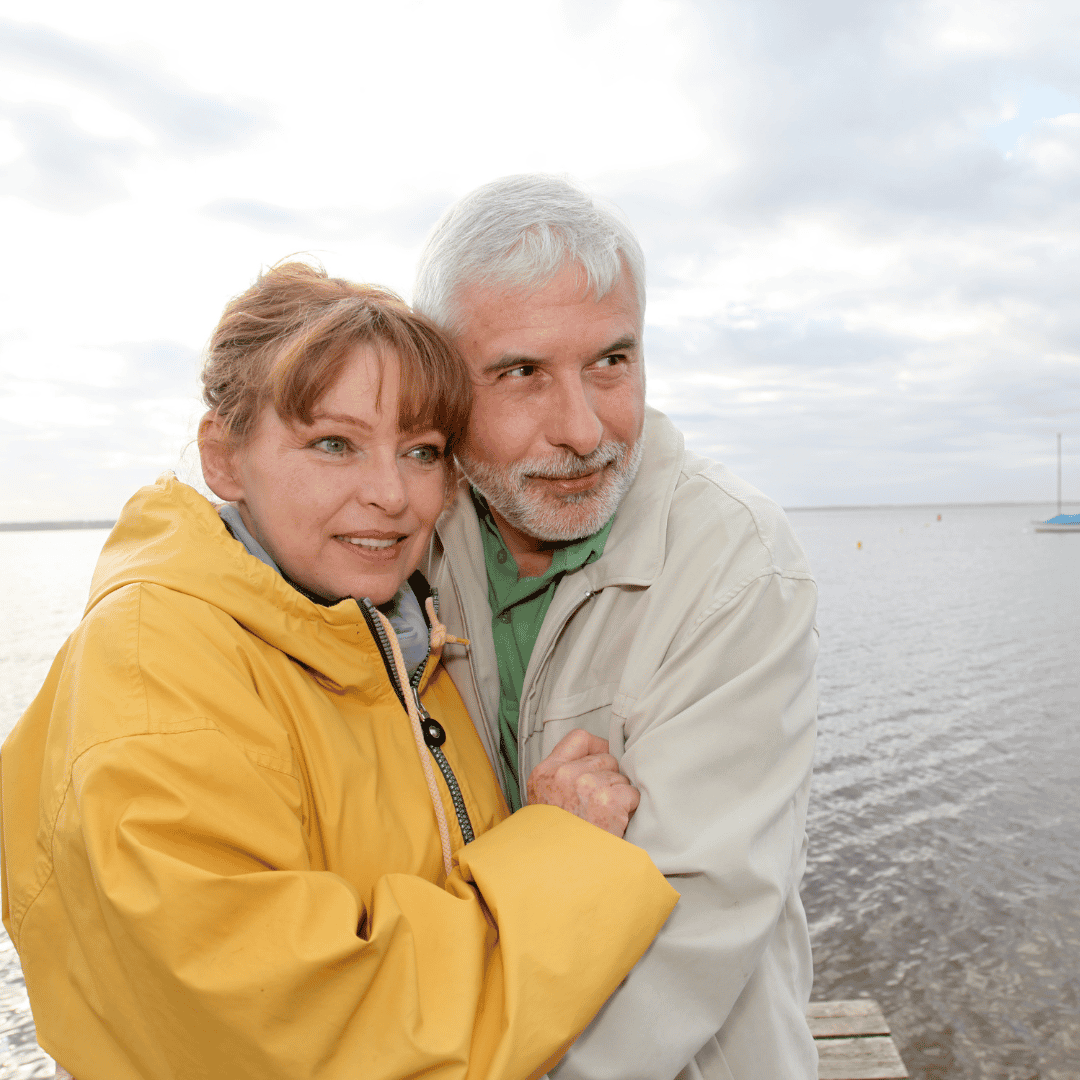

Share this listing